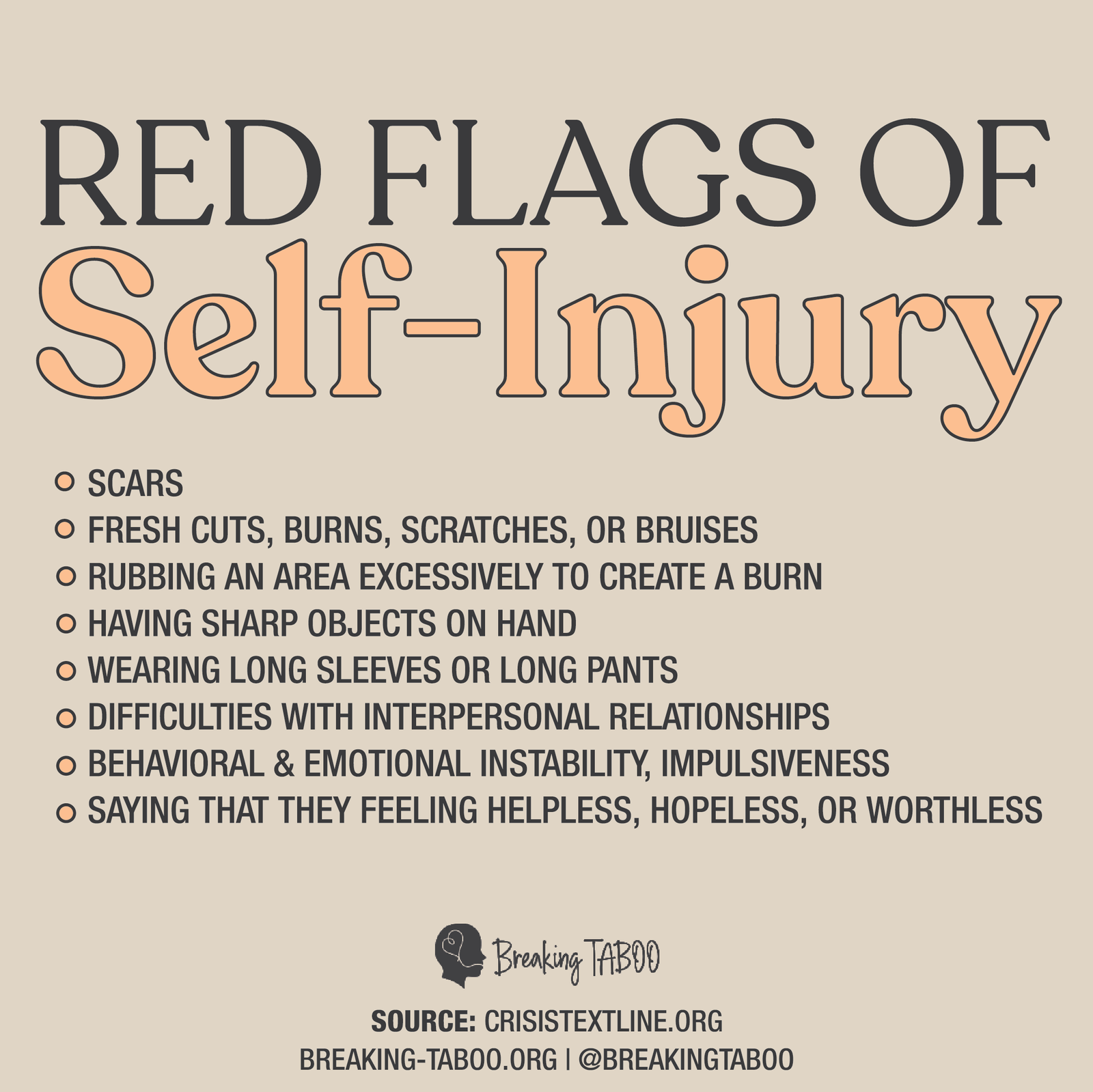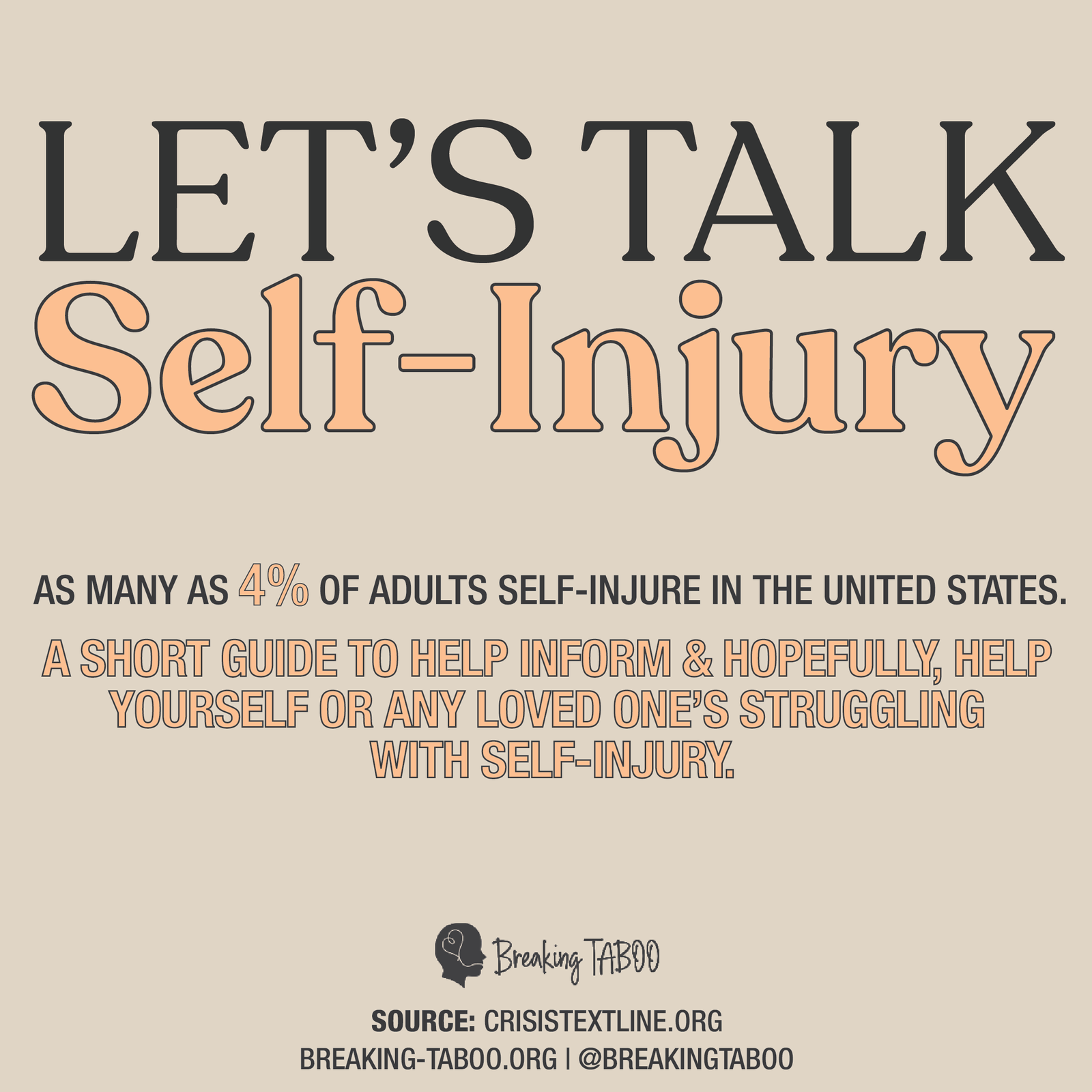“Man up!” “Boys don’t cry!” “Don’t be such a girl!” Sound familiar? These are just a few of the toxically masculine insults that are proliferating within our current culture and society. Men experience these types of sentiments daily. What’s worse, is so are young boys who are still incredibly impressionable, and are being conditioned en masse to adopt this toxic ideology. Toxic masculinity is by no means new terminology, though it has certainly come to the forefront of discussion as of late. For those new to the idea, toxic masculinity refers to actions and behaviors that discourage a man from expressing his true emotions, other than anger and rage, while endeavoring to dominate over other people and situations (Iwamoto et al., 2018). It is a highly repressive affliction that has been passed down through society, generation after generation.

Toxic masculinity has led to widespread depression among men and boys. Research indicates that 40% of men experience depression to some degree (Iwamoto et al., 2018), but even more alarming is that men comprise almost 80% of all deaths by suicide in the United States (CDC, 2023). Not all of these statistics are attributed to toxic masculinity; however, the prevalence and effects of toxic masculinity are certainly cause for alarm, and there is a need for serious discussion to generate large scale solutions to the issue.
Why toxic masculinity is harmful.
Society has often mandated that men act with unwavering composure. Men are not to show pain, sadness, fatigue, or heaven forbid any form of weakness or vulnerability. Men have been told for eons to be pillars of “rigid independence” and to ask for help would be an open admission to failure or fragility (Iwamoto et al., 2018). Emotion, and its expression, has been deemed feminine, and to exhibit these behaviors would undermine this pseudo-masculine way of life. This manner of living could not be more wrong or harmful.
Constant dismissal, emotional avoidance, and gender-definitive thought processes, taught to boys from an early age, is quite literally programming them for repression and emotional dysfunction later in life (Montero, 2022). As time progresses, emotional dysfunction that goes untreated, or worse, is reinforced, has been known to lead to depression in men (Montero, 2022). The unfortunate reality becomes that these maladapted men are role models for the new generation of boys, and so the cycle continues, and toxic masculinity continues its venomous onslaught.
Toxic masculinity can be halted, but it requires self-awareness and emotional intelligence to do so. Men and boys learn from each other; we pass the torch of masculinity from one generation to the next. As such, it is vastly important that men pass down behaviors and ideals that serve to embolden and fortify a generation, not cause it harm, or impede its development. Good role models, that exemplify healthy masculine traits, not only set the stage for proper development of boys into men, but also give boys a healthy sensibility. It is this sensibility, whereby they may develop adequate coping mechanisms to battle adversity and depression later in their lives (Iwamoto et al., 2018).

Symptoms of depression in men.
Men and women are fundamentally different in how they emote and subsequently behave; so, it stands to reason that the symptoms of depression would also present in a manner that would reflect this contrast. Men exhibit the following symptoms as a result of depression:
| Eating disorders | Erectile dysfunction |
| Fatigue | Feeling sad/angry but exhibiting rage to maintain masculine appearances |
| Inability to perform daily tasks with previous quality or attention | Increased irritability |
| Lack of concentration | Disinterest at work or with family |
| Lack of Sleep | Self-medication with drugs and alcohol |
| Suicidal ideation |
In addition to the above list, a rather common symptom of depression that has been observed in men is over-working. To distract themselves from the overwhelming burden of depression and their own repressed emotions, men will begin to dedicate even larger periods of time to their work or projects. To many, this may be observable as ambition, and for some it may be, however, it is more likely that this man is experiencing great pain that he wishes to diminish with the increased distraction from his work (Iwamoto et al.,2018). This may be especially apparent if this man is seen drinking more often then he previously would, or if he begins self-medicating with drugs. If you witness the men in your life exhibiting one or more of these symptoms it may be time to start a conversation. Do so delicately, with respect for personal boundaries, and from a place of support, as confrontation may illicit a response that is either angry or defensive (Montero, 2022).
How do we do our part?
To every problem there is always a solution, and this holds true when we speak with regards to combatting toxic masculinity. Even if you are not a man, there are things you can do to help put an end to toxic masculinity and the stigma surrounding depression in men:
- Sincerely encourage men to express themselves and their emotions in a healthy manner. You can do this by providing a safe and supportive environment where a man can be vulnerable without the fear of judgment or ridicule. This will require building mutual trust (Montero, 2022).
- Avoid the trivialization of depression in men. Depression is a very real and legitimate issue that a lot of people face, but as it pertains to men, do not tell them to “man up” or “just get over it.” This only serves to perpetuate the issue at hand; instead, provide compassion and support. You would be surprised how some well placed words of encouragement and empathy can help to change someone’s mindset and outlook (Montero, 2022).
- Showing and telling boys that it is okay to cry and express their emotions in a constructive and healthy manner. Discuss their emotions with them, and show them that communicating your emotions doesn’t have to result in an explosive outburst of rage and anger. Real expression of emotions creates a dialogue of empathy that serves all participants (Montero, 2022).

As a man, there is much you can do to help prevent and reverse the effects of toxic masculinity. Being a good role model and an example of healthy masculinity will do much to create lasting effects in other men and boys. Our behaviors subconsciously, and automatically, grant permission to others to adopt the same behaviors and effect real change in the male population. The following are manners in which men can do their part and take accountability for each other:
- Be willing and open to accepting help from others, but also giving help to others. It is easy as a man to reject help because of perceived burden, but if help is extended accept it. This is how compassion and empathy create genuine connection between people, and when we feel connected, rather than isolated, depression and anxiety are greatly reduced (Foss, 2022).
- Do your best to eliminate controlling behavior. Not only is this an exhausting behavior to exhibit, but feeling threatened by the beliefs, opinions, and choices of others only reflects the insecurities that exist within you. Let people be who they are, and focus on your own growth and development (Foss, 2022).
- Perhaps the most important thing a man can do is to actually model healthy expression of a wide range of emotions. This will most likely feel uncomfortable at first, and require genuine courage, but creating a space where healthy expression and emotional intelligence can thrive is important as a means to teach others that there is more than just anger, irritability, and suffering in silent. Everyone benefits when men are emotionally stable and are capable of healthy expression (Foss, 2022).
For the future…

Mental health is a buzz word in our current culture. Though it is getting more time and attention in the spotlight, we as a society still need to be doing a better job of providing information and resources to help remove the stigma surrounding mental health and treatment. This is no less true with regards to the plight men are faced with as toxic masculinity slithers its way through the ranks of boys and men. Providing information is only half the battle, we also need to provide solutions and demonstrate those solutions by proactively using them to enrich our lives, and the lives of others. Men face greater scrutiny and criticism now more than in any other era, but not all men are the unwitting victims of toxic masculinity. It is up to men to take accountability for each other. We have a responsibility to show each other how to be better, do better, be mindful, be aware, and be masculine in a manner that honors the spirit of what it means to be a man. Men are vital contributors to the framework and function of society, and to do any less than our best, to be our best, only serves to undermine our progress and perpetuate the ideology that men are aggressive, egotistical, and power hungry. Doing your part by adopting the solutions posed in this article is one way we can all work together to put an end to toxic masculinity.
~ Aaron Weiner

Aaron is a research based article writer for Breaking Taboo. He is a massive proponent and advocate of mental health, and specializes in men’s mental health. He holds a psychology and business degree from Kendall College. Aaron is currently working on a number of psychology based self-help books that will be published later this year. His passion for helping others, and his immense desire to effect greater change in the world at large ring loudly from all of his work.
References
Centers for Disease Control and Prevention (2023, January 9). Suicide Data and Statistics. Suicide Prevention. Retrieved April 2, 2023, from https://www.cdc.gov/suicide/suicide-data-statistics.html
Foss, K., MFT (2022, November 14). What is Toxic Masculinity and How it Impacts Mental Health. ADAA. Retrieved April 2, 2023, from https://adaa.org/learn-from-us/from-the-experts/blog-posts/consumer/what-toxic-masculinity-and-how-it-impacts-mental
Iwamoto, D. K., PhD, Brady, J., Kaya, A., & Park, A. (2018, July 4). Masculinity and Depression: A Longitudinal Investigation of Multidimensional Masculine Norms Among College Men. National Library of Medicine. Retrieved April 2, 2023, from https://www.ncbi.nlm.nih.gov/pmc/articles/PMC6199432/
Montero, H. A., MS,LMHC (2022, June 8). Depression in Men: The Cycle of Toxic Masculinity. Depression in Men. Retrieved April 2, 2023, from https://www.psycom.net/depression/depression-in-men/toxic-masculinity



